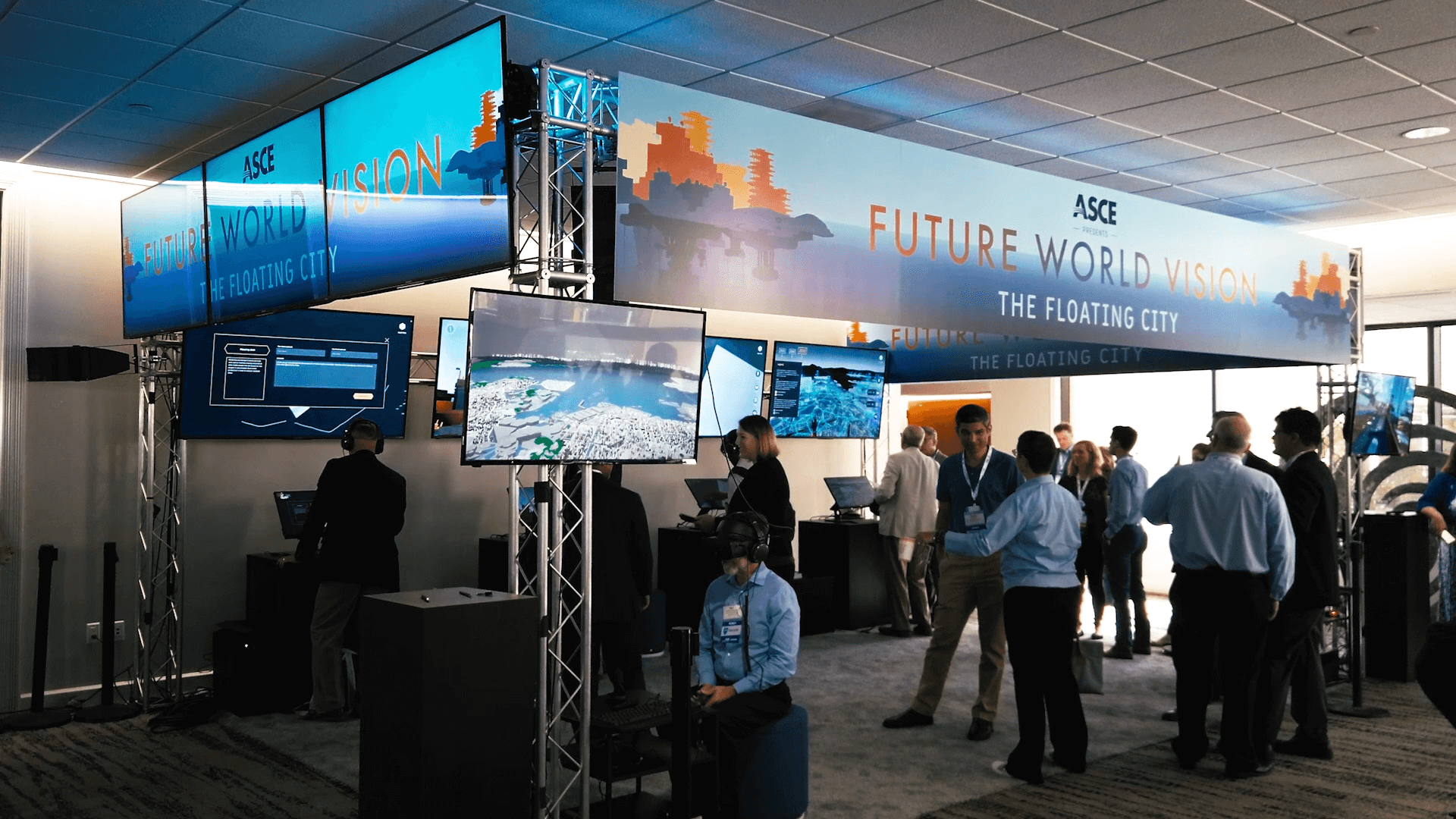
Find an event
From VR experiences at in-person events to online webinars, there are several opportunities to explore Future World Vision. See the full list of events to find one that fits your calendar.
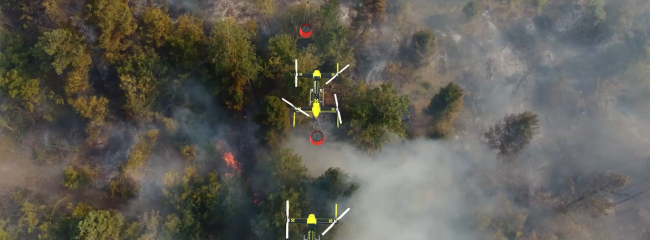
Fire-technology startups such as FireSwarm and Rain are testing how to use autonomous firefighting aircraft to combat wildfires.
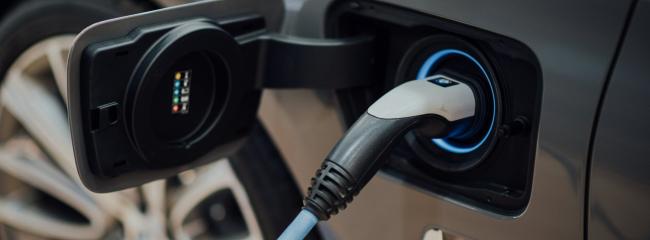
Full EVs do not pay a fuel tax, and hybrid vehicles pay less than gas-powered vehicles. Since 2001, Highway Trust Fund expenditures have exceeded revenue
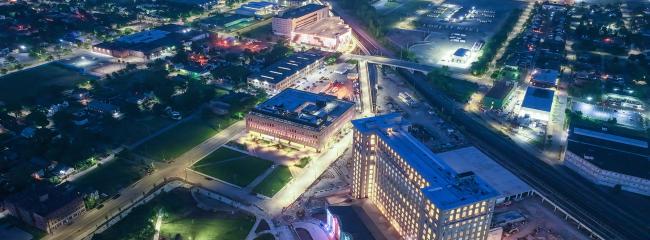
Michigan Central Station, a renovated, historic train station that reopened in June 2024, serves as the centerpiece of a 30-acre mobility innovation district.
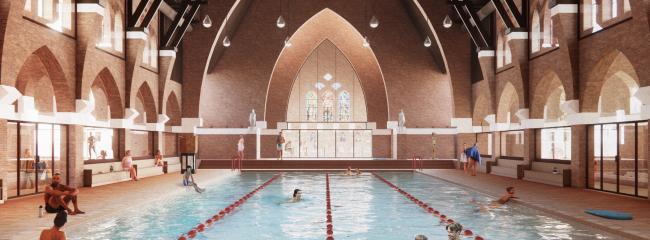
A church in the center of Heerlen, a small city in the Netherlands, is being converted into a public pool in an effort to revitalize the city center.
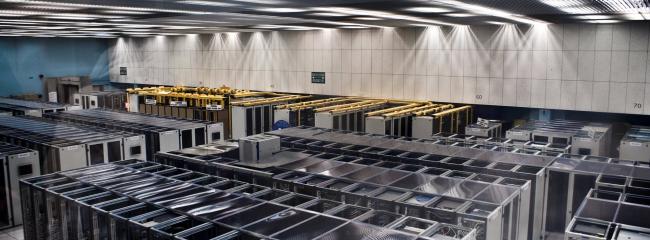
Civil engineers say artificial intelligence – when implemented properly – is a positive for the profession, though it does come with red flags.
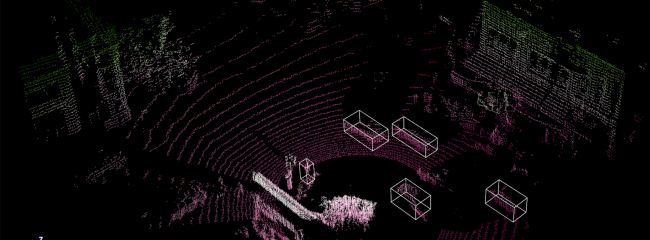
Lidar sensors have become more affordable over the last several years, which has opened new avenues of research that could yield real safety improvements on roads.
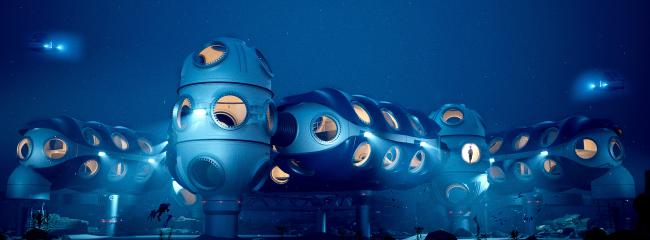
Living and working for extended periods in underwater habitats is not by itself anything new. A new reconfigurable, relocatable habitat, called DEEP, is based in the United Kingdom.
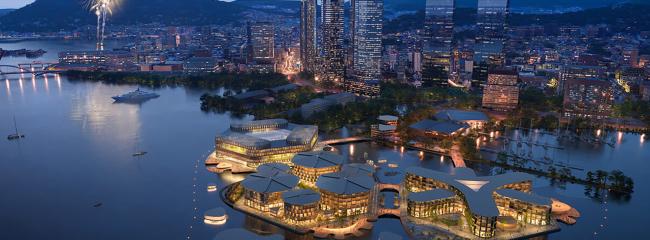
Floating structures and cities are in sheltered waters near land. They integrate into existing cities, while adjusting to rising sea levels.

The project considers seismic, environmental, and economic needs, while improving community development and equity practices.

Integrating AI into offshore wind farm developments benefits ecological studies and projects aiming to meet certain regulatory guidelines.
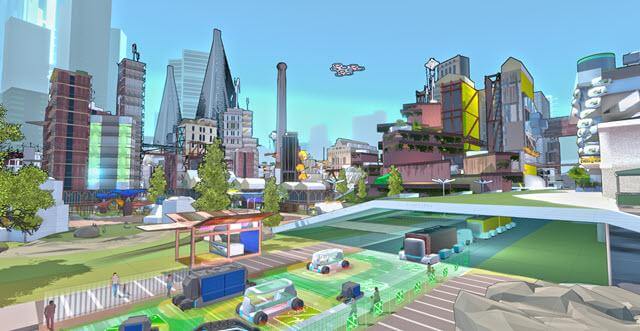
See how Future World Vision comes to life through an immersive VR experience.

Stay updated on the upcoming Future World Vision giant-screen film, Cities of the Future.
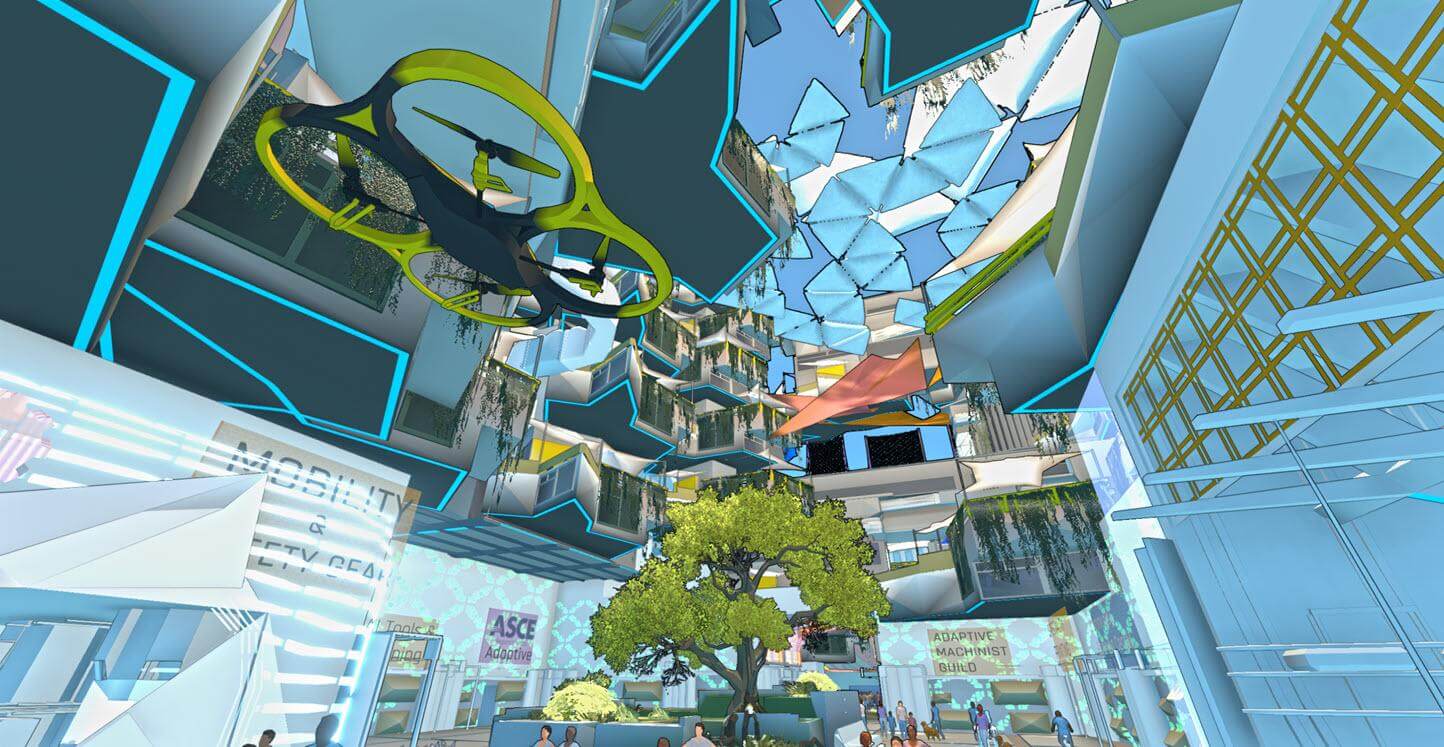
Create and share your own custom tour of Mega City 2070.